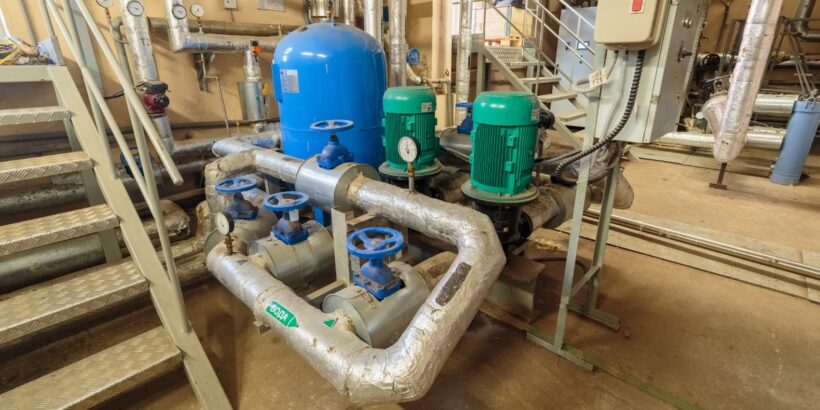Water damage poses a significant threat to both residential and commercial properties. Persistent leaks, flooding, and unforeseen plumbing issues can lead to costly repairs or even permanent damage. Water mitigation equipment can help control and prevent water damage before it escalates. But who needs to invest in water mitigation equipment?
Homeowners
For homeowners, water mitigation equipment is a worthwhile investment to protect personal property from water damage caused by plumbing failures, leaks, or natural disasters such as floods or hurricanes. Homes that are exposed to frequent heavy rainfall and rising groundwater levels or located in flood-prone areas are particularly at risk of significant water-related damage. Water intrusion can compromise the structural integrity of a property, weaken foundations, and lead to mold and mildew growth, which harms air quality and poses serious health risks. Additionally, untreated water damage can lead to extensive repair costs, from replacing flooring and drywall to addressing electrical and plumbing issues. For these reasons, investing in water mitigation tools such as sump pumps, dehumidifiers, moisture sensors, and flood barriers ensures homeowners can proactively protect their properties and protect their families’ health from the dangers posed by water-based risks.
Property Managers and Landlords
Property managers and landlords face the challenge of maintaining multiple properties. A single instance of water damage can not only incur repair expenses but also disrupt relationships with tenants. Investing in high-quality water mitigation equipment ensures that problems like excess moisture or leaky pipes are dealt with efficiently, avoiding tenant dissatisfaction. Preventative equipment can also save time and costs associated with emergency repairs, making it an integral part of property management.
Business Owners
Business owners, especially those managing large commercial spaces, need to consider water mitigation equipment as a necessary tool. Water damage can halt operations, damage vital inventory, and even cause prolonged downtime. Industries like data centers, warehouses, and retail spaces are particularly vulnerable, as water can also interfere with electrical systems and storage units. Proactively equipping facilities with water mitigation technologies ensures both property and operational continuity are reliably protected.
Government and Municipal Organizations
Government and municipal organizations also need to prioritize the prevention of water damage. Public infrastructure, critical services, and government buildings are at risk of water-related issues stemming from aging plumbing systems or seasonal flooding. Investing in water mitigation measures ensures essential services remain up and running during emergencies, reducing the long-term impact of water damage on public resources and operations.
Insurance Companies
Insurance companies can significantly benefit from investing in water mitigation equipment. With the rising frequency of water damage claims, insurers face substantial payouts that can impact profitability. By properly equipping their insured properties or encouraging policyholders to adopt water mitigation tools like leak detectors or automatic water shutoff systems, insurance companies can reduce the risk of damage. This proactive approach prevents losses and disruptions before they occur. Investing in or promoting water mitigation technologies can be a win-win, protecting both insurers’ bottom lines and their clients’ properties.
A Valuable Investment for Vulnerable Properties
Ultimately, the answer to who needs to invest in water mitigation equipment extends to anyone looking to protect assets from water damage. Whether you are a homeowner, landlord, business owner, or public agent, having the right tools to mitigate water-related risks will save you time, money, and resources. With proactive investment, properties remain resilient against even the most challenging scenarios.
